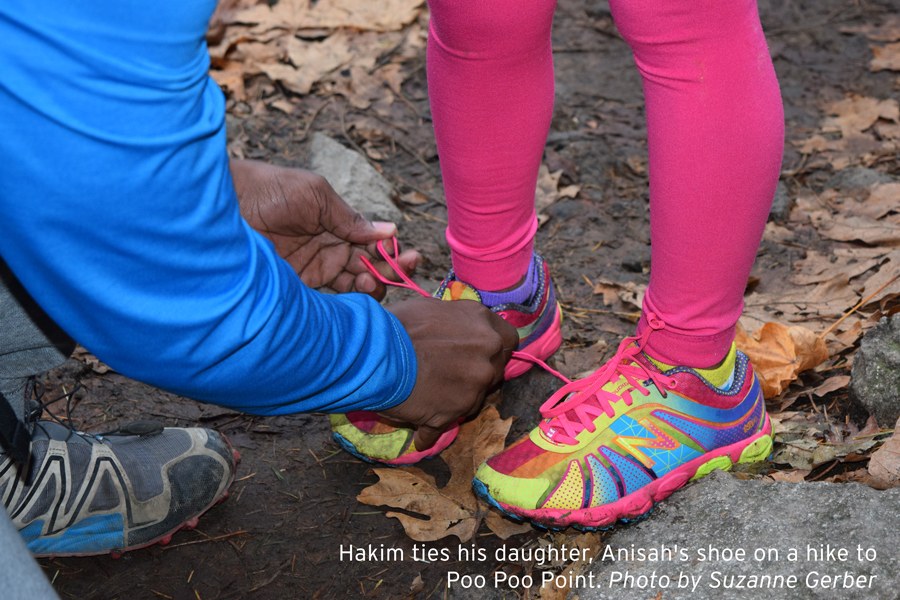
By Steve Scher, University of Washington teacher and former KUOW host
I’ve never had a mentor. Not the kind that you think of when you think of a traditional mentorship. Sure, lots of folks have lent a hand over the years, but I never had an arm around the shoulder, “Let me help you out,” period in my life.
But maybe mentorship doesn't have to come all in one batch. Maybe it can be little bits of help here and there. I’ve had many a moment when someone has lent a hand, or extended enough a rope — you know the kind — just to get me to the next point.
Speaking of ropes, I do remember the time in college that my friends Mike and Chuck took me for my first rock climbing trip at Skinner’s Butte in Eugene, Oregon.
“Nothing to it,” Mike kept shouting down to me as I hugged rock, my fingers gripping the ledges, my arms and legs jelly. “You’re not going to fall, “Chuck shouted up from the ground. “We’ve got you. We’ve got the rope. Just move.”
But I wasn’t able to move. It might have only been ten minutes, but felt like a half hour, before I could quell my quaking panic and get my fingers and feet to climb up. Come to think of it, when I was finally at the top, unable to stand, forehead pressed to the dirt, Mike did put his hand on my back and say, “Want to go again?”
Back in the seventies, the notion of professional mentoring wasn’t as established as it is today. The University of Oregon Journalism department didn’t have much of an internship program to speak of. After graduating, we were tossed out like old newspapers.
A few students, the favored few, were taken under the wing by professors, interested in either their talent or their looks; my youthful rose-colored glasses admittedly coated in sour grapes. Looking back, I realize I had not learned the simple art of seeking help and asking for advice.
I tumbled through a decade’s worth of jobs, learning craft haphazardly. I remember petulantly walking off one job when the sous chef scooped up a handful of the chopped onions I had been tossing into the Marinara sauce and told me that “these are terrible, they’re all different sizes.” I was a good bag of onions already into the task and I shouted back that, "what the hell does it matter if they’re different sizes, they are all going to cook down in the sauce."
I was a little tightly wound, you could say. It never occurred to me, until years later, that perhaps he was trying to make a point about the way foods cook and the way work is best approached with some skill and diligence.
I did learn radio from my fellow workers, peers teaching peers the little tricks of the craft of broadcasting. My colleagues taught me how to hold a microphone or speak with authority. I could even learn from bosses who angrily red-penciled my copy.
I thought it was trial and error that got me through.
It was only much later, as I watched novitiates stumbling about the workplace, that I realized a little bit of attentiveness, a little bit of recognition for the effort made could be a big help. And the training took on a different meaning. Simply offering to listen eased the tremors and guided the learning.
Mentors don’t necessarily toss an arm around your shoulders and ask, “how can I help you?” Rather a mentor tosses a lifeline onto the roiling seas. Mentoring is born of sharing stories about failures, about successes. It is born of caring and of humor. It's the friend who says, “want to try again?”
 Steven Scher
Steven Scher